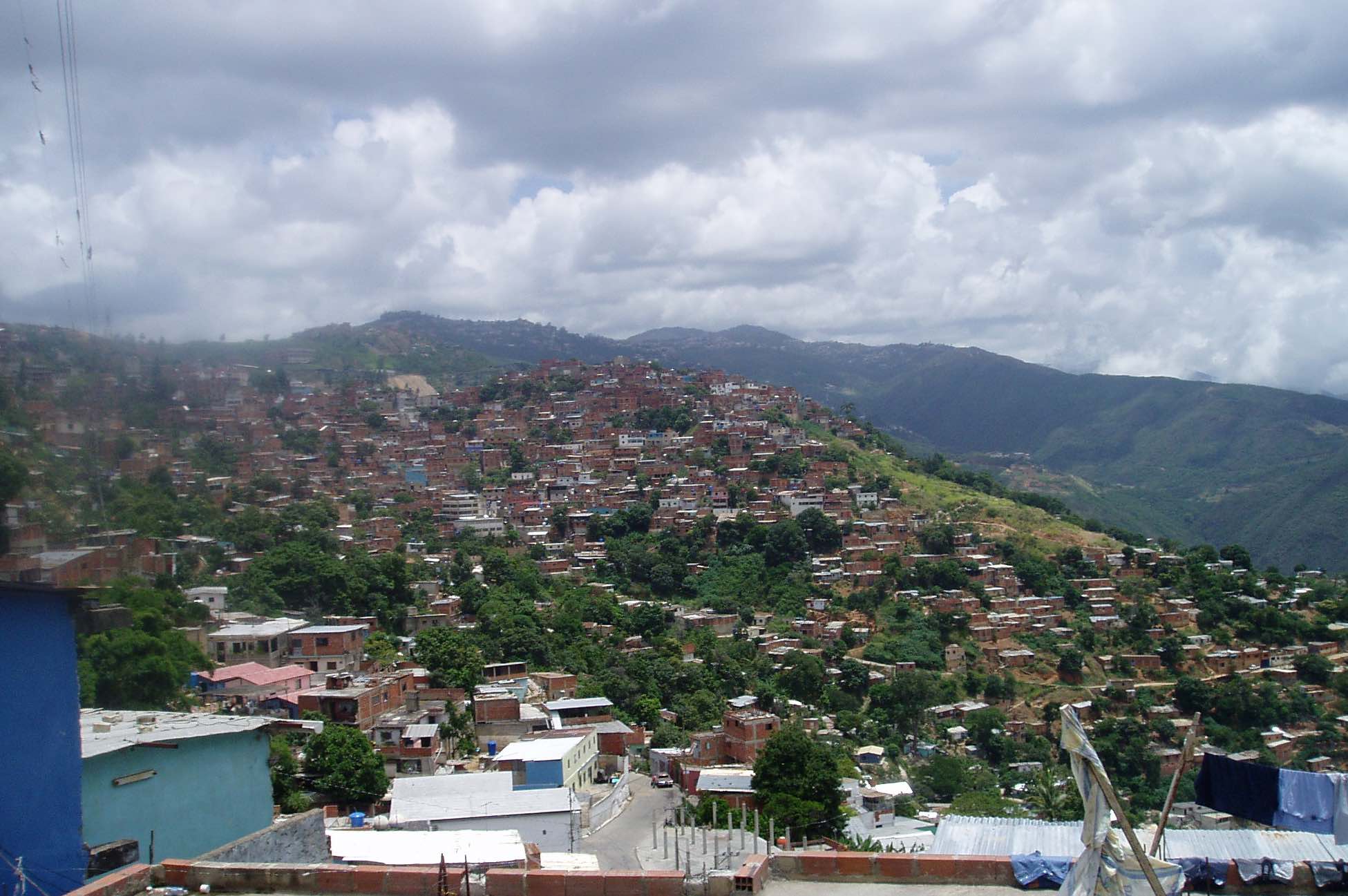rabble.ca is part of a Canadian labour and community delegation heading to Venezuela to observe the May 20th national federal elections and meet with local community and labour leaders.
On Sunday, May 20, Venezuelans will elect a president and other local officials. It will be the fifth presidential election and 25th election of any type to take place in Venezuela since December 6, 1998, when Hugo Chávez was elected.
That election provoked deep changes in Venezuela and across Latin America and the Caribbean.
It set in motion a series of constitutional changes that changed how power functions in Venezuela — empowering the poor and their organizations, and subverting the dominance of the rich and their control over the economy, the state, and the oil industry. For the first time, oil revenue was used to benefit the poor, both in Venezuela and in other countries. Heroes in this process are Simón Bolívar, who led the 19th-century struggle for independence from Spain — and Chávez, who died from cancer in 2013. His successor, Nicolás Maduro, is the front-runner in the current campaign.
While most other Canadians enjoy their long weekend, seven of us are heading off to Venezuela to observe the May 20 election.
Together we are representatives of: Common Frontiers, Unifor, the Ontario Secondary School Teachers’ Federation, the Canadian Union of Postal Workers (CUPW), The United Church of Canada, and rabble.ca.
In an interview with TeleSUR, CUPW’s Don Foreman said that Canadian trade unions practice international solidarity, and in this visit, will meet with and show solidarity with Venezuelan workers.
For me — I work as Latin America Program Coordinator at The United Church of Canada — this observation group is a chance to return to Venezuela after a dozen years away. I too want to show solidarity with the unions and social movements in Venezuela. And, as someone who has followed events in Venezuela closely throughout these past two decades, I also want to bring myself up-to-date, in part so that I can tell others what I see happening.
I’ve been an election observer before — in Haiti in 1990, in South Africa in 1994, in Mexico in 2000, and also for the recall referendum in Venezuela in 2004 (won by Chávez).
To vote, or not to vote
This election is a bit different. It follows protests last year and opposition demands then for early elections. With international accompaniment, the government and opposition leaders from the United Democratic Roundtable (MUD) undertook negotiations in Santo Domingo, Dominican Republic. Hosted by Dominican President Danilo Medina, the talks were assisted by former Spanish Prime Minister Jose Luis Rodriguez Zapatero and the foreign ministers of Chile, Mexico, Bolivia, Nicaragua and St. Vincent and the Grenadines.
Until early February, it seemed agreement was within reach. But then most of the MUD said no.
Sticking points included the status of the constituent assembly that was elected last year and differences over who might be considered a “political prisoner,” but some pointed to pressure from the United States and others to divisions within the MUD itself.
Now, the election is going ahead. Some opposition parties (not all) are boycotting. As of May 9, there were four candidates for the presidency, including Henri Falcón, who until 2007 was a Chávez supporter and is now running second to Maduro in opinion polls. (Andrés Oppenheimer of the Miami Herald calls Falcón a “traitor“).
The May 20 vote has been condemned by the Canadian and U.S. governments, and by several neighbouring governments. In a speech to the Organization of American States on May 8, U.S. Vice-President Mike Pence called the election a “sham” and demanded it be suspended.
Reasons for hope
But some of us — especially those with experience elsewhere in Latin America (where democracy in places like Brazil and Honduras is undermined by military, parliamentary, and judicial processes that removed elected governments from power) — continue to find reasons for hope.
Throughout these past two decades, the Venezuelan government has expanded access to health care, education, housing, public transit, food and pensions. Venezuela has now given 1.7 million homes to the poor. There have been improvements in health care (including decreased rates of infant mortality, heart disease and new incidences of HIV/AIDS), education (including access to computers in schools), and new measures to protect the rights of women and LGBTI people, plus the creation of institutions like the Centre of African Knowledge and the Ministry of Popular Power for Indigenous Peoples.
Part of the backdrop to current debates about Venezuela is its constituent assembly, elected last year and still working. It seems to me that in the face of strong external and internal opposition, Venezuela still has a chance to transform democracy in a way that allows space for the majority of the population to continue reinventing Latin American politics and economics. Venezuelans should be given that opportunity, free from foreign intervention and with the solidarity of those who seek new approaches.
Even so, I go to Venezuela with questions. To what extent has power been re-distributed in neighbourhoods and social movements? How will the recent rise in oil prices help to improve the economy? Is there a long-term plan for decreasing dependence on oil?
Like this article? rabble is reader-supported journalism.





